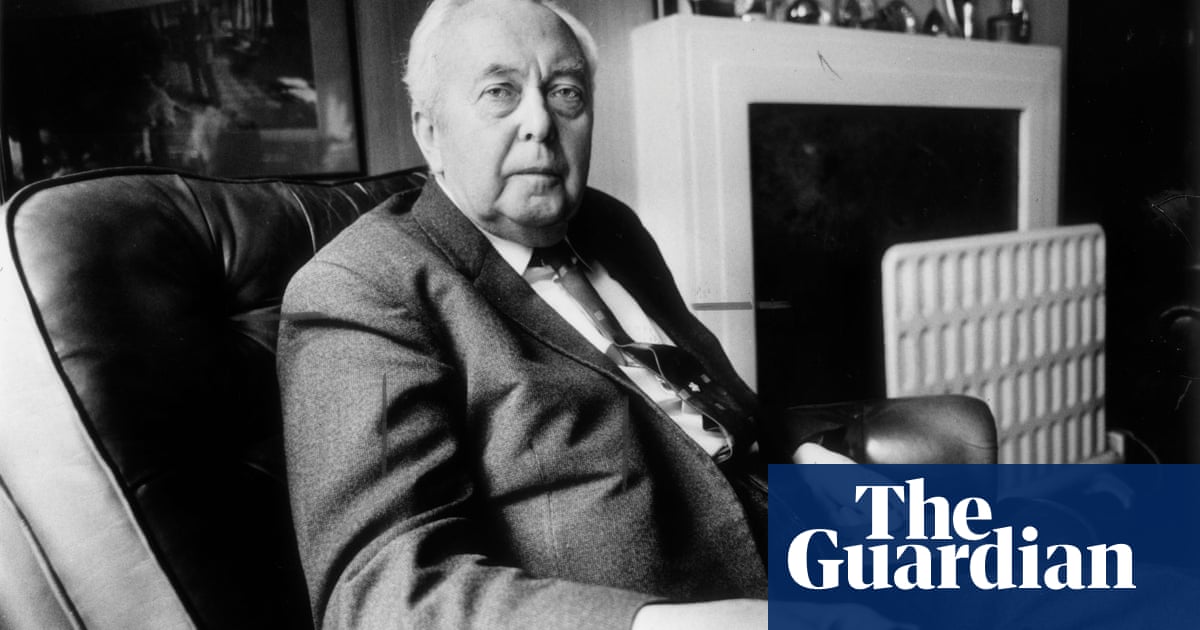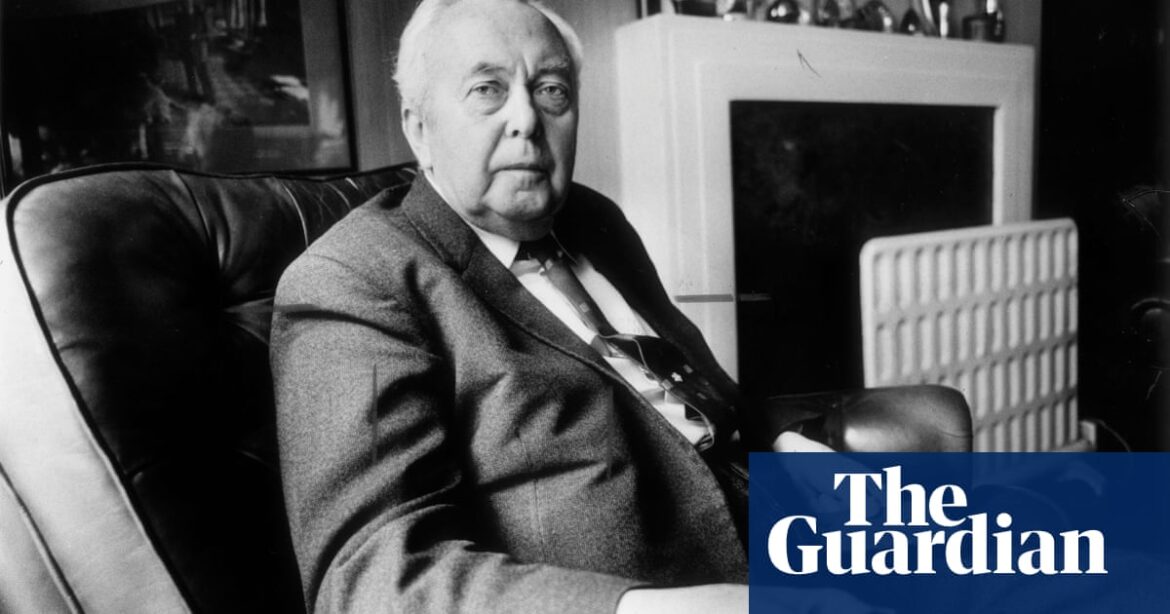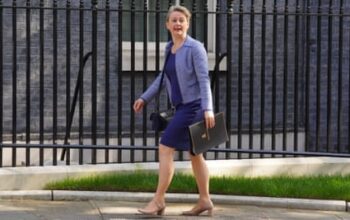
The former UK prime minister Harold Wilson agreed to sell his archive of private papers to help fund his care, official documents have revealed.
Papers released by the National Archives and identified by the BBC show Lord Wilson initially planned to sell the collection to McMaster University in Hamilton, Canada, for £212,500 – the equivalent of about £700,000 in today’s money.
Wilson, who was twice the Labour prime minister, from 1964-70 and then from 1974-76, had Alzheimer’s disease and required “continuing care, the costs of which are heavy and will increase”, according to one document. He died in 1995.
The proposal to sell the papers abroad prompted alarm among senior officials in Margaret Thatcher’s government.
In early January 1990, the cabinet secretary Sir Robin Butler wrote that Wilson’s former secretary, Lady Falkender, was “orchestrating a proposal” to set up an archive for the former prime minister’s papers in Canada.
Part of the proceeds would support Lord and Lady Wilson, who were “now not well off”, as reported to Butler by his predecessor, Lord Armstrong.
McMaster University wanted the archive to include papers from Wilson’s time at No 10.
Butler thought it would cause “public disquiet” if the papers left the country, while Andrew Turnbull, Thatcher’s principal private secretary, said he was unhappy with the “politics/morality” of such an idea.
“Although these are formally Lord Wilson’s private papers,” he wrote in March 1990, “they are part of our history, and, it will be said, they are not really his to ‘sell off’”.
The Cabinet Office was told there was no legal obstacle to the sale – but by July 1991 an alternative solution had been reached.
The trustees of the Wilson Archive had found anonymous donors, who would fund the Bodleian Library in Oxford to buy the papers, with the money going to the trust set up for the Wilsons’ benefit. The papers would then stay in the UK and in a secure location.
Source: theguardian.com



